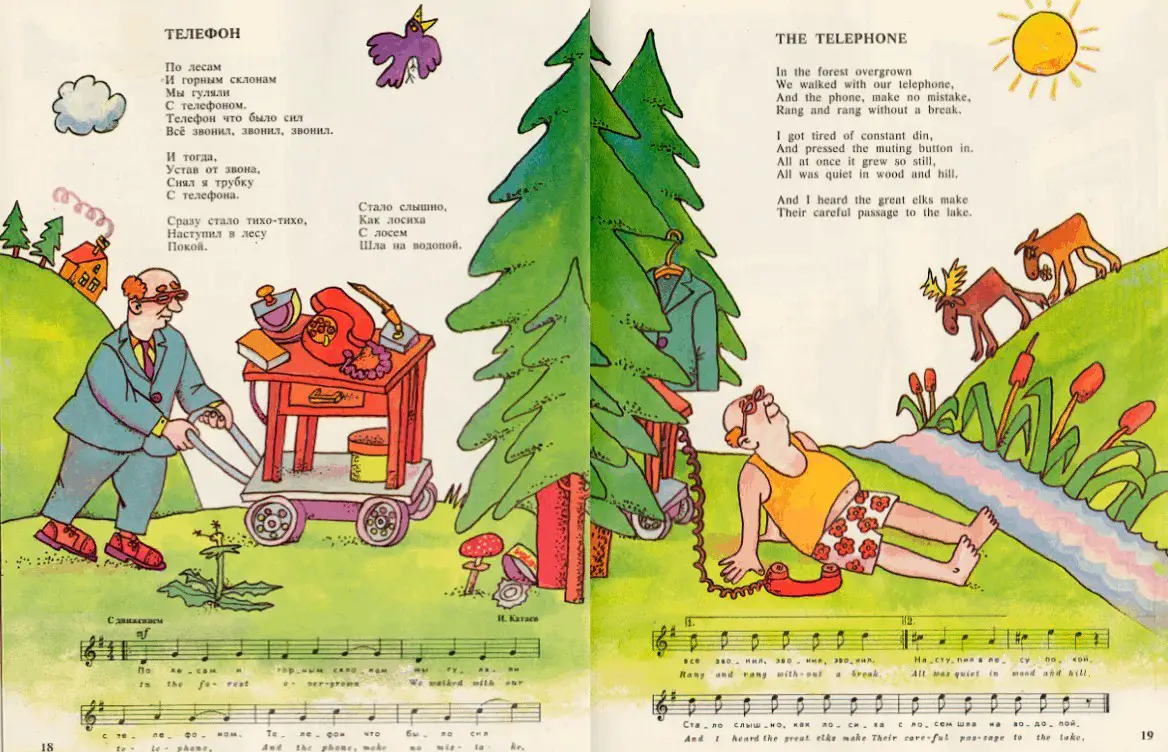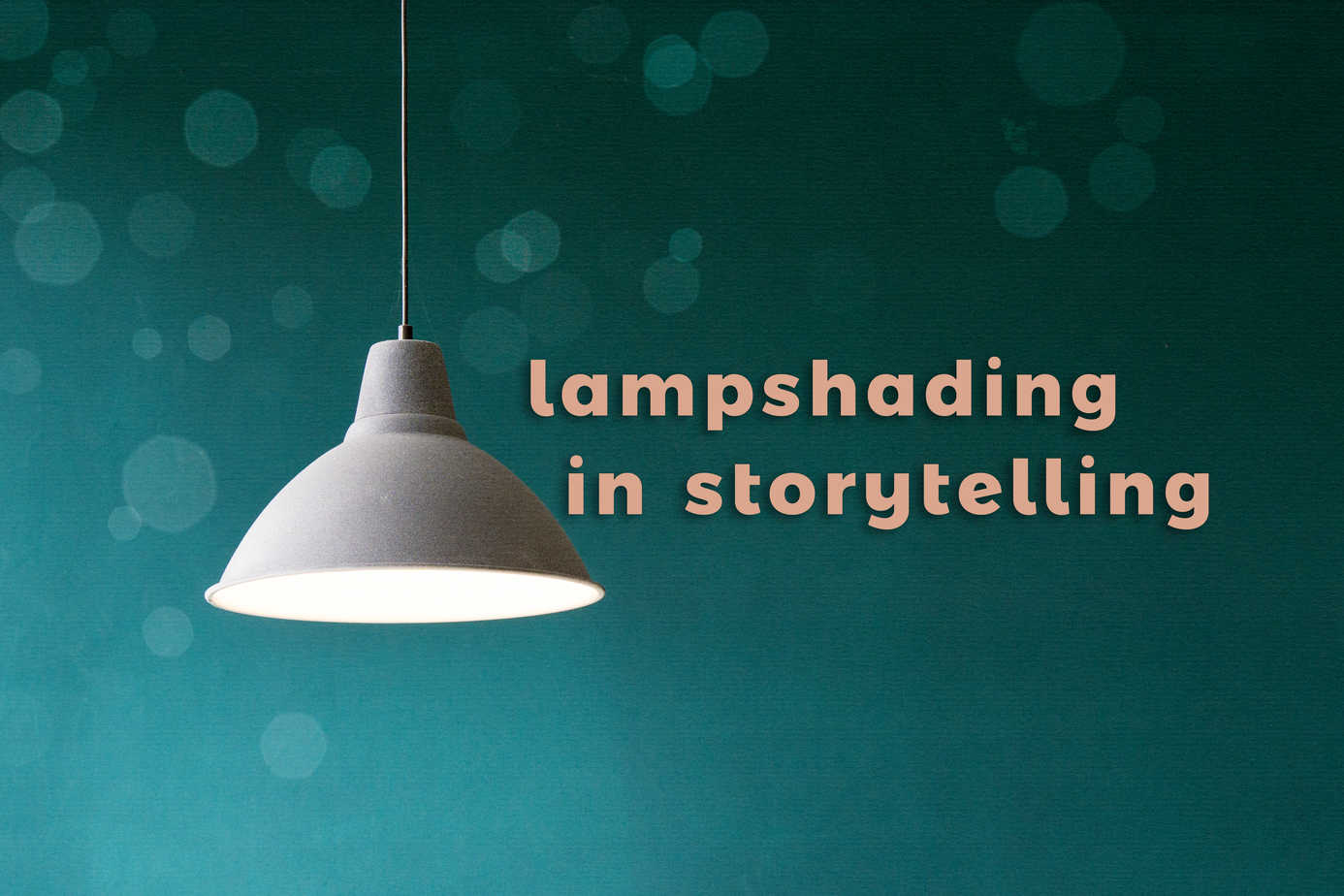-
Fantasy In Literature For Children
The following notes on Fantasy in Children’s Literature are from lecture by Prof David Beagley, La Trobe University, combined with my own thoughts. People in the children’s book world ask…’Is it suitable?’ ‘Is it the right age level?’ ‘Is it about a contemporary problem?’ These are important questions, but not of primary importance. The primary…
-
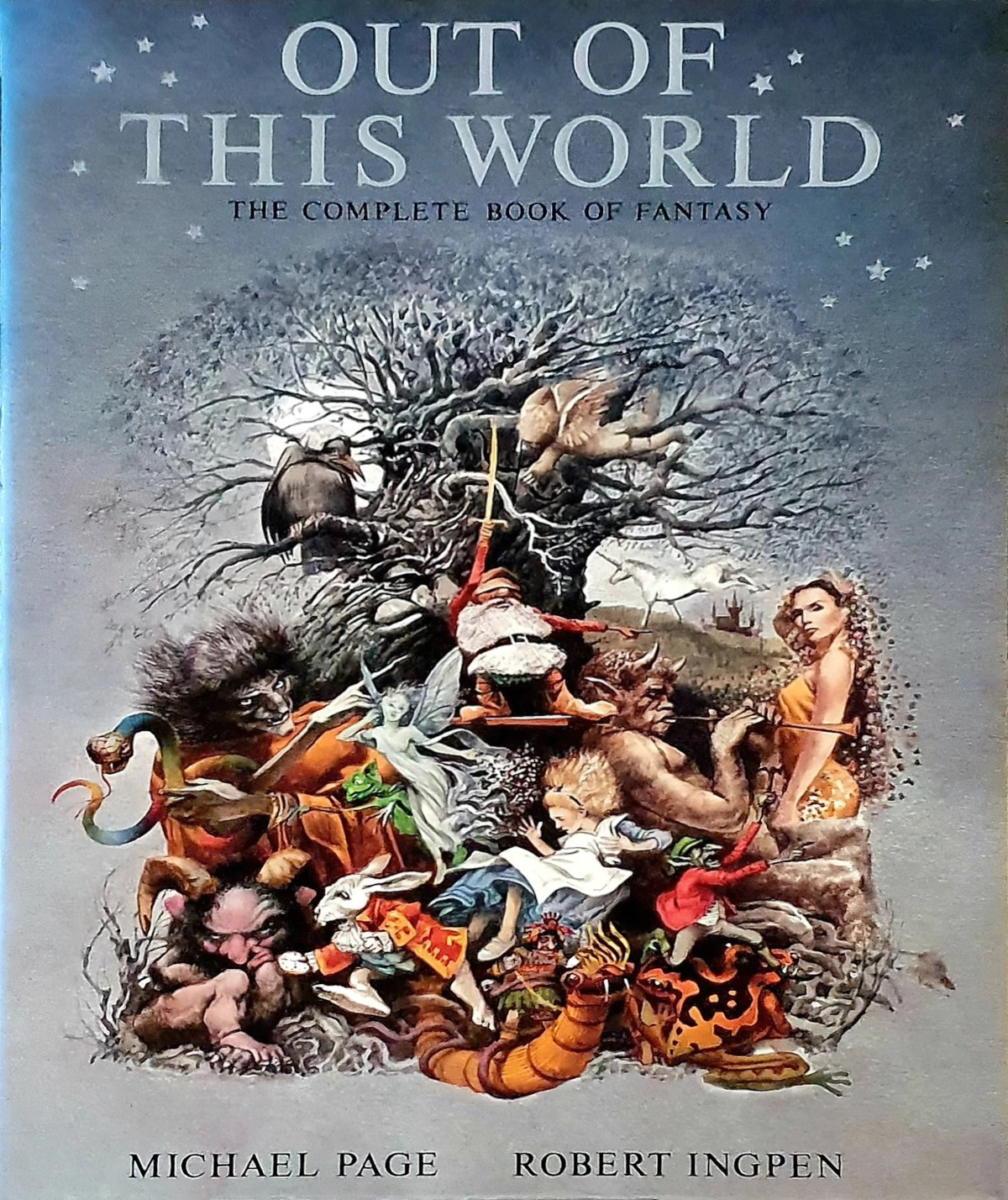
Defining Fantasy In Children’s Literature
As Fanny Howe reminds us, the fairy tale is a form in which, like Midas’ golden touch, a simple wish conjures up a reality that was all along potential. Not better, just possible. Emily Carr, Fairy Tale Review David Beagley, LaTrobe University, available on iTunes U Fantasy comprises the largest segment of children’s literature, and is close…
-
Graphic Novels, Anime and Manga
Notes below are from David Beagley, La Trobe University, Genres In Children’s Literature. Lynd Ward’s Eerie, Early Graphic Novel, “Gods’ Man” is thought to be the precursor to the modern novel. Superman and Astroboy are well-known comics. Astroboy is a mix between man and machine which has given us Lego bionicles and Transformers, and which…
-
Postmodernism In Literature
Before taking a look at postmodern picture books, let’s take a look at how the postmodern short story has been described. THE POSTMODERN SHORT STORY The postmodern short story came in the middle of the 20th century. Stories became ‘anti-stories’. Postmodernism is “art’s way of replenishing itself by way of returning to the past in general,…
-
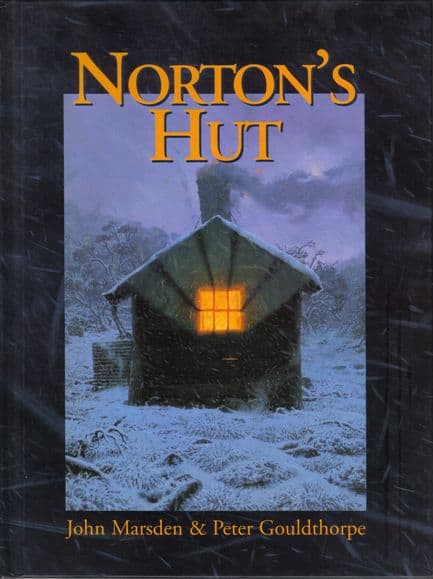
Norton’s Hut by John Marsden Picture Book Analysis
Norton’s Hut is an out-of-print Australian picture book, the second picture book written by John Marsden, and illustrated by Peter Gouldthorpe. The following notes are from Genres In Children’s Literature: Lecture 04: Author and Illustrator Devices presented by David Beagley, La Trobe University, podcast available on iTunes U. PARATEXT When a young group of hikers…
-
Picturebooks For Older Readers
Children’s literature continues to evolve as society evolves alongside our concept of ‘child’. A Brief History Of Teenagers The teenager is an idea from the 1950s. Before that you were a child, and then you were an adult. The transition was recognised earlier than the 1950s, but before the 1950s teenagers were not treated as…
-
Storytelling And Subversion: How is it done?
Subversion of reader expectation to challenge long-held beliefs is one of the most difficult — and the most important — things storytellers can do.
-
Stories To Complement The Artifacts
The Artifacts is a story about: the power of imagination the value of memory over material objects loss disappointment betrayal Here are some stories you might like to read/study if you are interested in themes touched upon in The Artifacts. Picturebooks These next three books are similar to The Artifacts in that they share a…
-
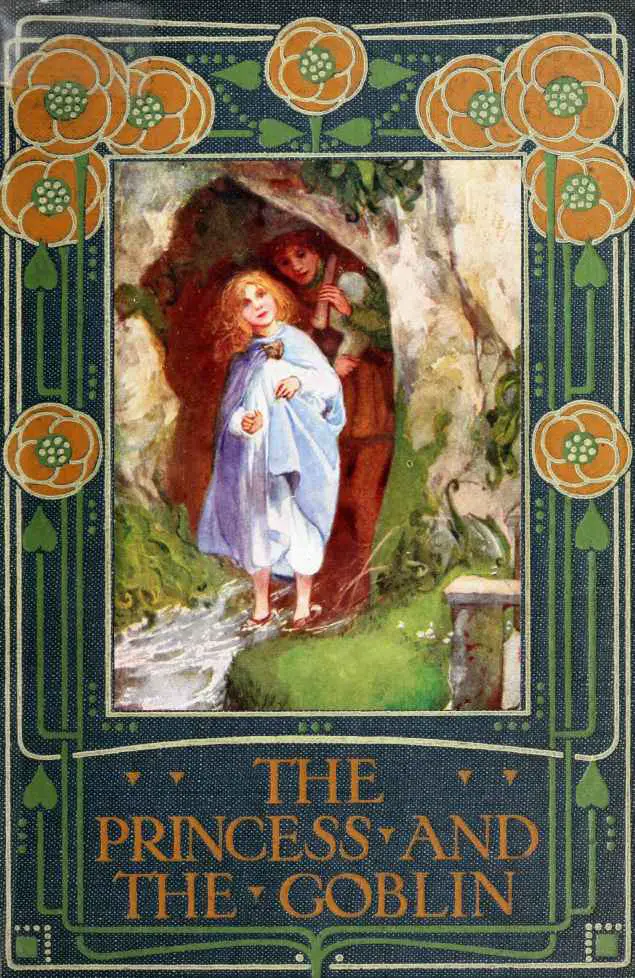
Princesses In Children’s Stories
WHY ALL THE PRINCESSES? The proliferation of princesses in stories for children is partly explained by Maria Nikolajeva in Rhetoric of Character In Children’s Literature: A structural approach to formulaic fiction, presented by John G. Cawelti (1976, 91), singles out four roles in a detective story: the victim, the criminal, the detective, and those threatened by…
-
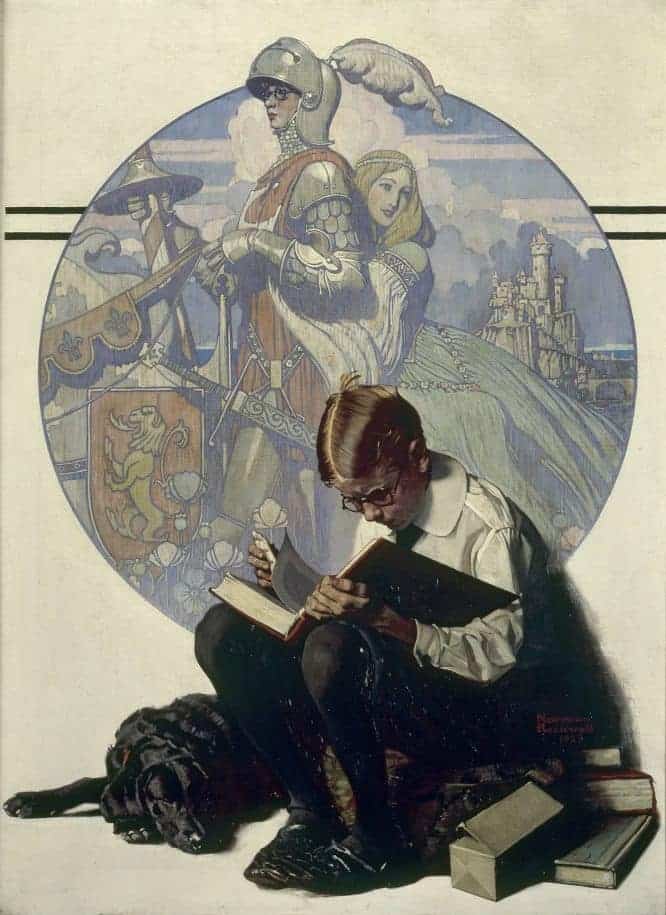
A Brief History Of The Adventure Story In English
I’m going on an adventure And who knows, what will be Or, what will become of me But one thing is for sureAn adventure it shall be Athey Thompson Edgar Rice Burroughs is probably the most influential writer in the entire history of the world. By giving romance and adventure to a whole generation of boys, Burroughs…
-
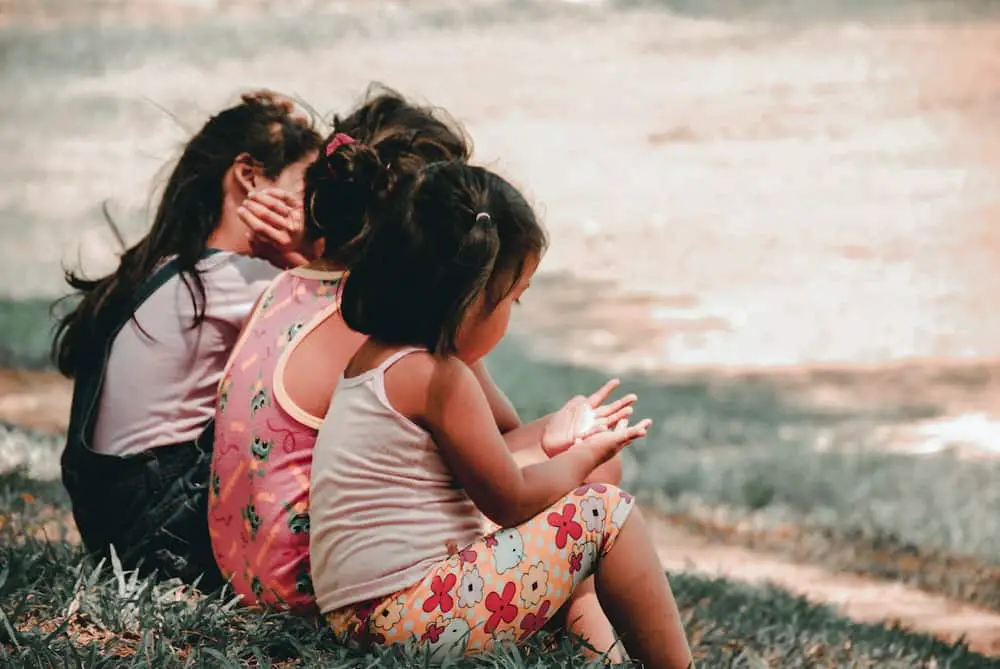
Representation and Inclusion Vs Diversity
When talk of diversity expands beyond race it still ends up looking very much like a checklist of compartmentalized identities. Can we get a child in a wheelchair? Check. Can the doctor be African American, and a woman? Check and check. … For adults I often describe the difference between diversity and inclusion as the difference…
-
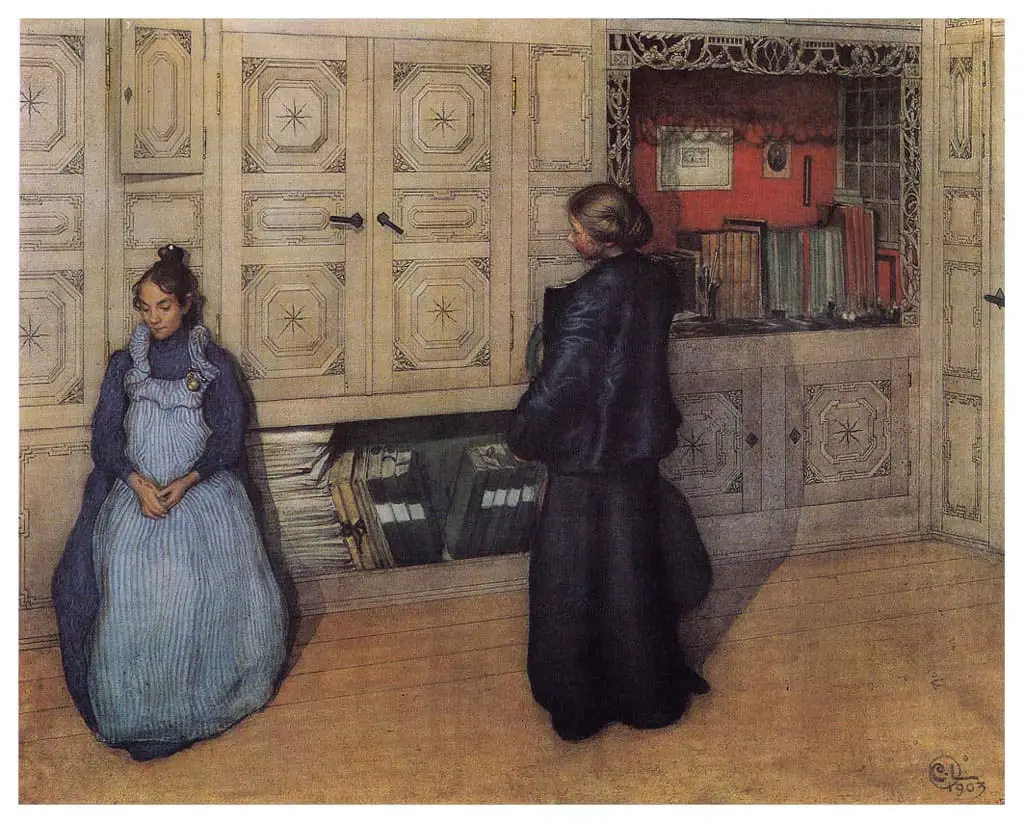
Stories About Female Friendships
I should like to have friends, I confess. I do not suppose I ever shall. But there have been moments when I have realized what friendship might be. Rare moments – but never forgotten. Friendship is a binding, as solemn as marriage. We take each other for life, through everything – forever. But it’s not…
-
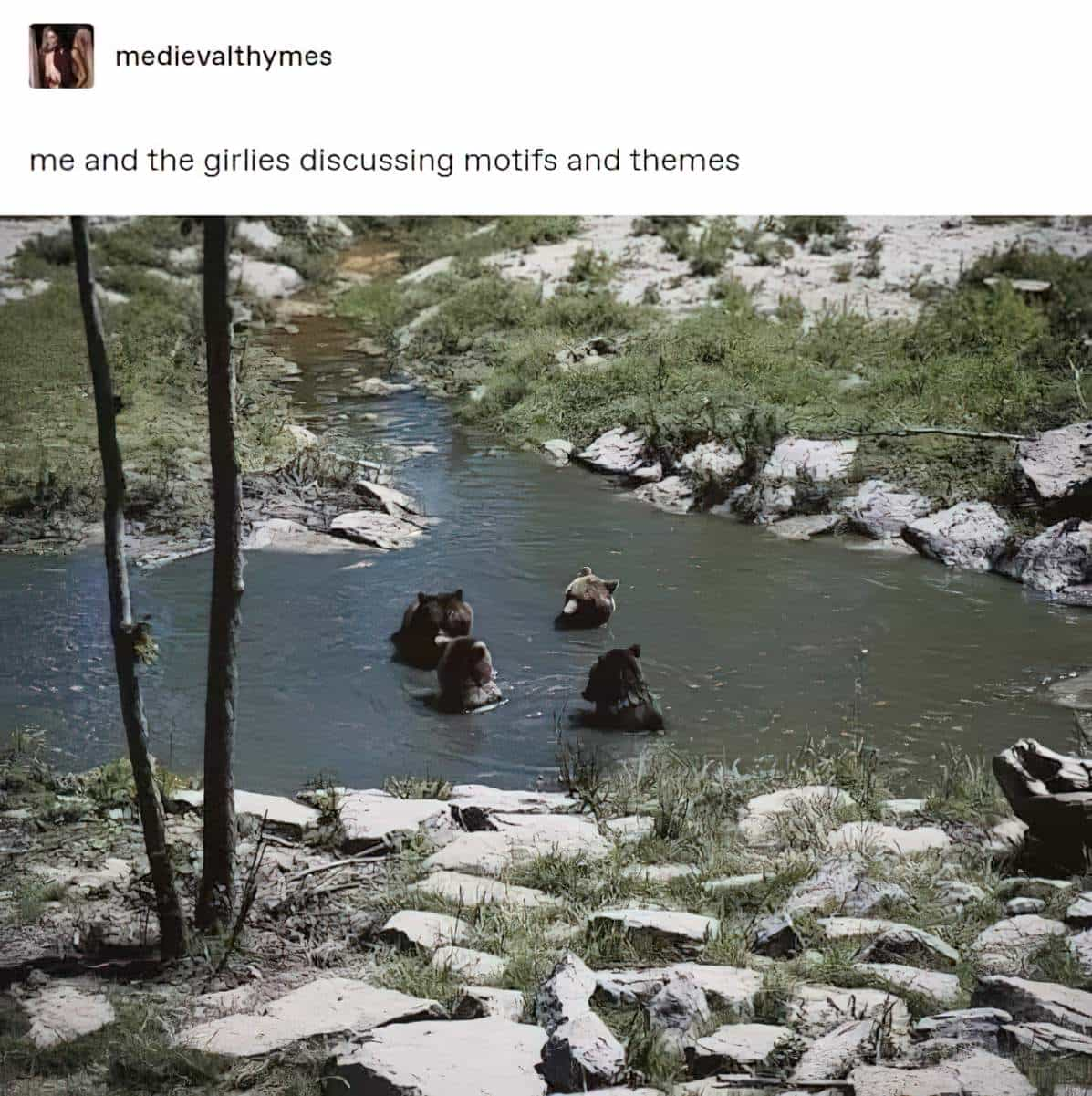
What Is A Motif, Visual Motif and Leitmotif?
What is a motif, how is it different from symbolism, and what are the different kinds?
